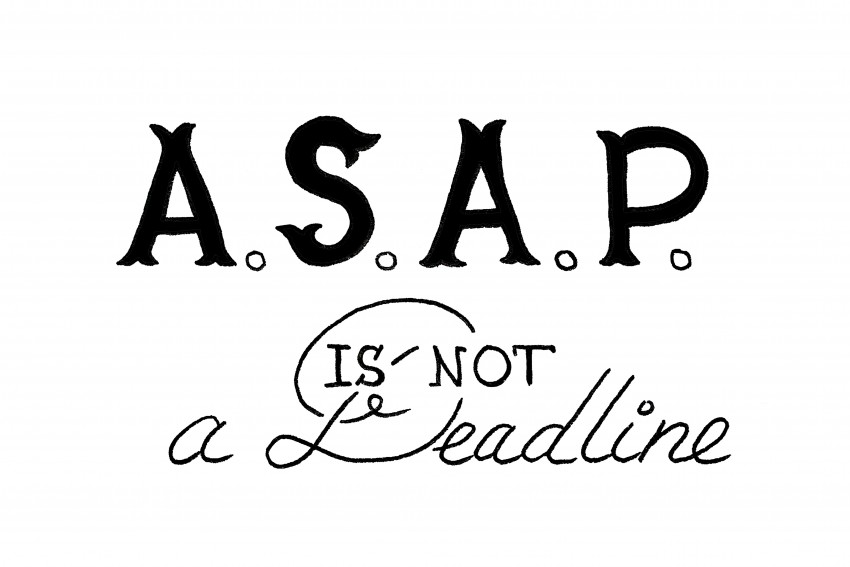





How Are You Treating Your Team?
(Quick update – After leaving England at the end of July, the Strattons spent the next 5 weeks visiting family and friends throughout Canada and are now set up in Ottawa for the foreseeable future. LiveMore HQ is now up and running and I am back to providing you with...
Never Be Too Busy Again
(Note – this is a 2017 summer addition ‘best of the best’ blog from the past.) You’ve heard the expressions “I’m so busy,” “I’m too busy to do that,” or “I just can’t find the time …” I believe that these phrases have caused an epidemic of excuses in our society. It...

How Quality Leaders Get Out of the Way
(Note – this is a 2017 summer addition ‘best of the best’ blog from the archive.) Leaders Prioritize – Leaders Respond Recently, a friend was in some slow moving employment contract negotiations. There was no animosity and both sides were excited that the contract was...
Shawn Stratton, Leadership Motivational Speaker and Consultant
“His use of story telling, humor and photography delivered a powerful message on the importance of finding our true passion as an indicator of success. ” -Ian Shortall read more


